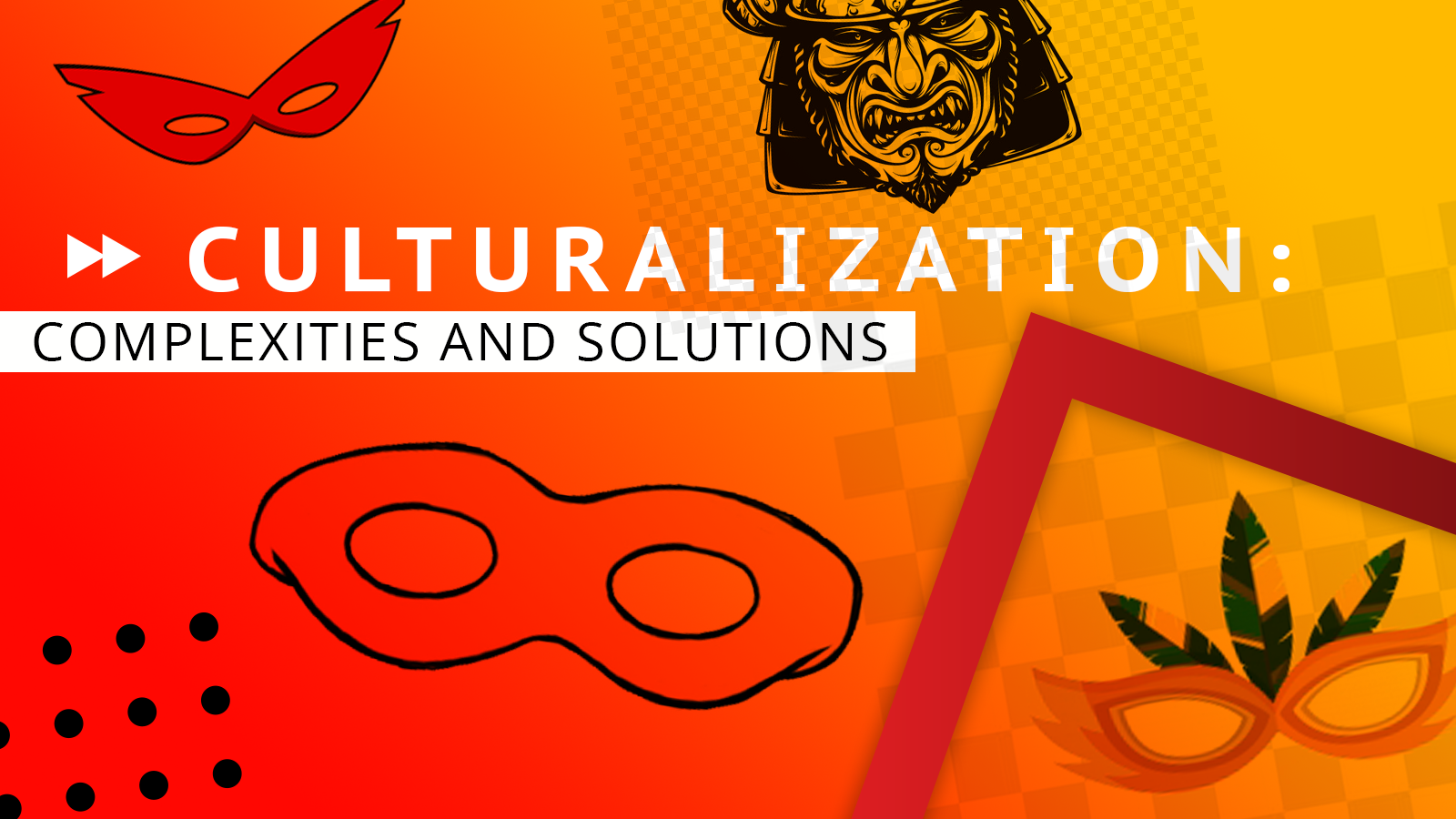The first reason to sign an NDA: To protect against any project information leaks, which is in the interests of both the publisher and the developer.
NDAs (Non-Disclosure Agreements or confidentiality agreements) are increasingly used in all areas of business where commercial information needs to be protected. When it comes to contractors, such as localization studios hired by a publisher to translate a game, an NDA may be indefinite, not temporary. Alexey Medov notes that you should always clarify what specific information should be protected when working on game localization. First and foremost are the game texts, because characters names, dialogues, and other details may reveal the plot, and leaking the plot means a risk of reduced sales if potential buyers get these details before the game comes out. Just remember what serious measures were taken by the team behind Game Of Thrones, for example, so that audience wouldn’t find out who would claim the Iron Throne and which characters would live until the finale. When working with well-known gaming or media franchises when games are released alongside movies, localizers have to meet the highest standards of information security, so strict that they can’t even mention the fact that they’re working on a particular project to their family members. There is, however, a complicated reputational moment: when large customers like Sony or Microsoft publish a game in Russia through another company, say, 1C or Buka. Under the contract, the localization falls on the shoulders of 1C or Buka, and so the contractors working on the project through 1C/Buka can’t say that they worked for Sony/Microsoft. Only 1C/Buka can claim this right.The second reason to sign an NDA: To protect against employee attrition.
Both the studio and the client need this. The studio needs it so the client won’t work directly with the service provider’s translators or other subcontractors. The client needs it to prevent competitors from approaching their vendors. So, this reason is purely the business side of the issue — information about who exactly is working with one party or the other. But experience shows that concealing this data is most often the customer’s initiative, not the studio’s.The third reason to sign an NDA: Protection against competition.
An NDA is also protection against competitors, as confidential commercial information in competitors’ hands can, at the bare minimum, cut down on the company’s competitive advantages. At the maximum, it can put the entire existence of the business into question, so the NDA and, of course, complying with it protects both sides: the customer and the contractor.The scenario that Dmitry described where a large MLV works with small subcontractors exists, but it’s a special case. Non-disclosure agreements with your sub-vendors are obligatory for security, because otherwise the client can contact them directly to avoid paying more for the services of the large MLV. NDAs are required for more than just companies who work with MLVs: signing an NDA remains in the interests of both publishers and developers. In addition to the special case outlined by Dmitry, there are other scenarios of interaction between contractors and customers. For example, when a client works with an MLV, who works with freelancers. There’s also a scenario where instead of an MLV, there’s a single studio for each language pair, and the studios work with freelancers. And in all these cases, it is not in the studios’ or MLVs’ interests to feed the client freelancers’ contact information.DMITRY KURSHIN, Production Director and Localization Producer, The Most Games: The problem is that large MLVs [Multiple-Language Vendors, studios who offer localization in a large number of language pairs – ed.note] sell their services while looking for targeted vendors per language, I mean, they seek out specific languages and charge a slightly higher rate than they pay us [The Most Games, a subcontracting company providing translation into Russian]. Consequently, the services we provide them are personalized and they can’t sneak around; it protects them from, for example, a large vendor coming directly to us, when they want things to pass through them. For large companies, it’s much easier to have one Localization Manager who contacts a single vendor and gets all languages from this vendor. For example, imagine a project with 200,000 words and 15 target languages. It would be impossible to assign it all to one single manager; they won’t be able to handle it. It’s easier to pay extra money to an MLV who will provide full control for each language.


 DMITRY KURSHIN, Production Director and Localization Producer, The Most Games:
DMITRY KURSHIN, Production Director and Localization Producer, The Most Games:

